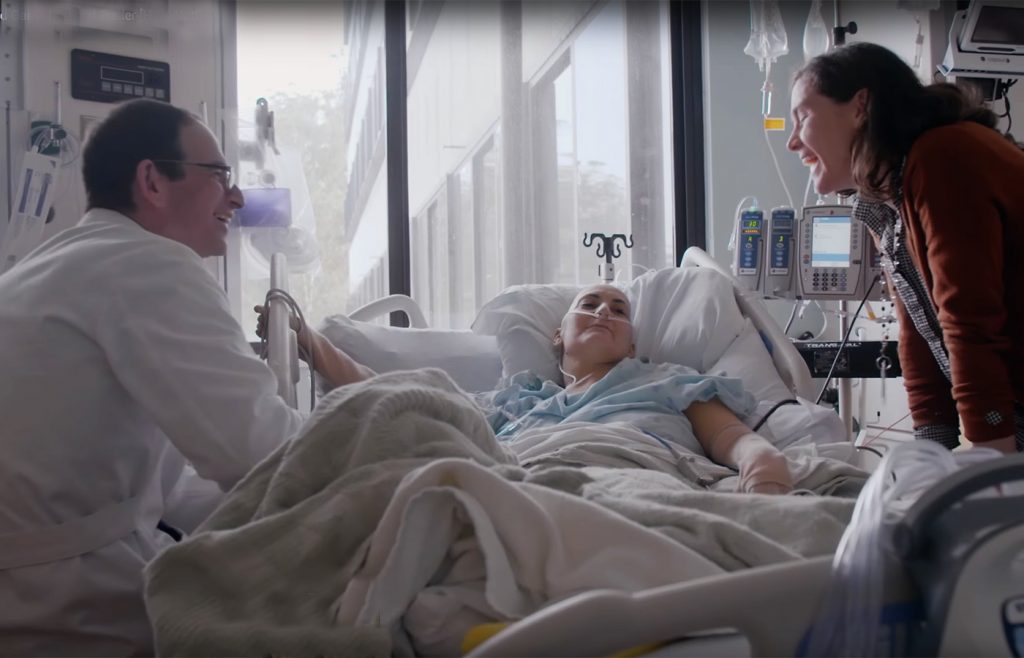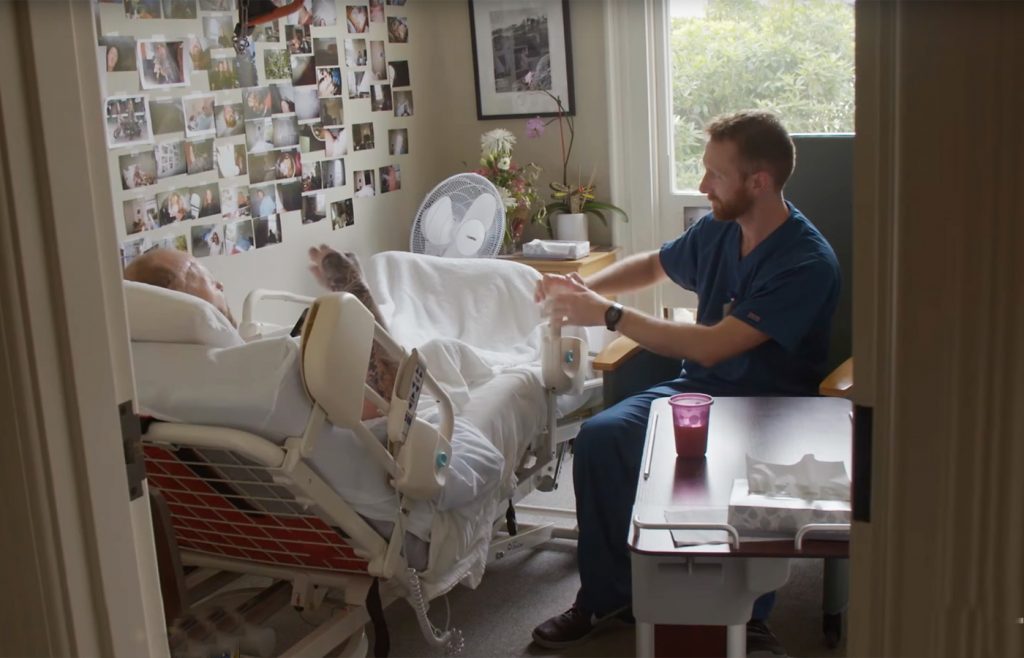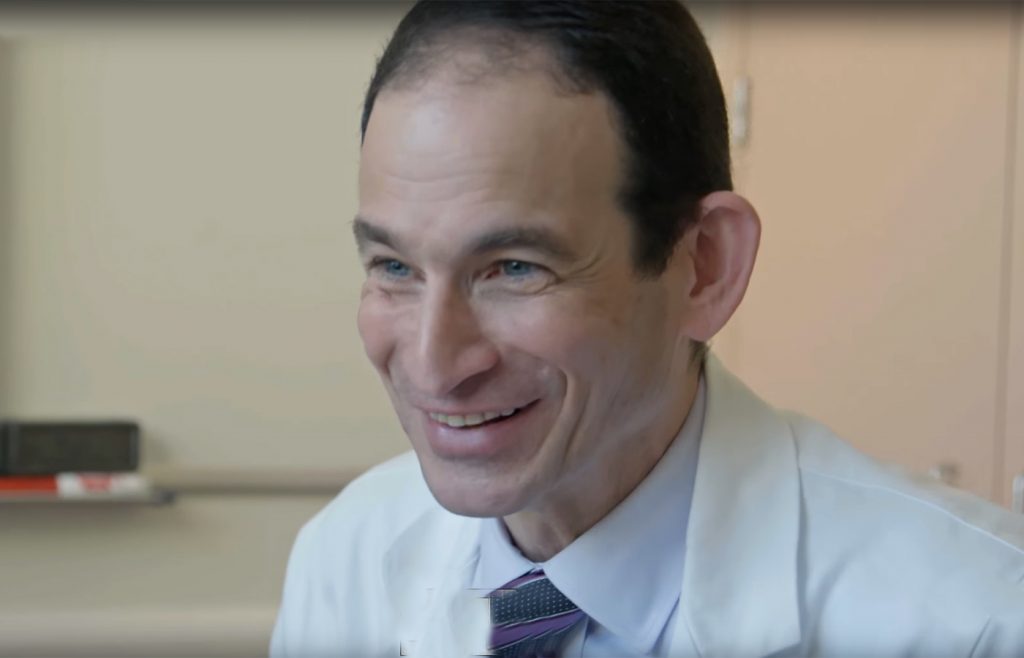
If you or someone you love has been diagnosed with a life-threatening illness, you know how devastating, incapacitating, and just plain scary it can be. Who wants to face the inevitable end?
After working with seriously ill patients for nearly 30 years, Dr. Steven Pantilat believes in confronting the situation squarely and accepting the crisis head on. An internationally recognized palliative care physician and author of Life After the Diagnosis, Dr. Pantilat will be at the Medical Education Research Facility on the University of Iowa campus on Tuesday, January 8, for a free screening of the 40-minute documentary End Game. He’ll also sign copies of his book, Life After the Diagnosis, a practical resource for empowering patients.
The event begins at 5 p.m. in Prem Sahai Auditorium, room 1110A, in the Medical Education and Research Facility (MERF) at 375 Newton Rd. in Iowa City.

End Game tells the story of palliative care through the experiences of several patients and their families. It’s heartwarming, heartrending, gripping, and beautiful.
Kathleen Clohessy, reviewing the film on SevenPonds.com, wrote: “End Game is hard to watch, at times, but it is an important and compelling film. Seeing others struggle to come to terms with life’s greatest mystery is difficult and uncomfortable. It forces us to confront some of our own biggest fears about life and death and loss. But it also offers us comfort and hope that, in the end, there can be some acceptance of what is, no matter how badly we may wish for something else.”

Directed by Academy Award-winners Rob Epstein and Jeffrey Friedman, End Game covers the extraordinarily compassionate work of Dr. Pantilat, director of the palliative care program at UCSF Medical Center, and Dr. B.J. Miller, director of the Zen Hospice Project in San Francisco. Both doctors are wondrously skilled in talking to patients and their families about dying. Honesty forms the basis for their work, which means bravely facing suffering with respect. “You don’t run away from hard stuff,” says Dr. Miller in End Game, “you don’t run away from suffering.”
“There’s nothing inherently medical about dying. It’s much larger than medicine. It’s purely human. Part of that admission is to keep all of this couched in humanity, not medical science, or social science, but really a full arc of humanity. Kindness, total openness, vulnerability, exchange.” —B.J. Miller, M.D., End Game
Dr. Miller faced his own life-threatening crisis as a 19-year-old student. When a silly prank accidentally electrocuted him, he woke up weeks later in a hospital to find that doctors had partially amputated three of his limbs. This game-changing tragedy gave him a new understanding of what was acceptable for himself and his life, and sealed his decision to enter medicine as a career.

Dr. Pantilat has worked with seriously ill patients for decades. After getting calls from friends and colleagues facing similar diagnoses over the years, Dr. Pantilat realized he needed to codify his experience into a book to offer clear information for getting the best care. The result is 2017’s Life After the Diagnosis: Expert Advice for Living Well with Serious Illness for Patients and Caregivers. The book helps demystify the medical process, laying out a step-by-step process for making choices along the way and sharing the experiences of patients and family members. The book “focuses on the whole person, explains what doctors mean, provides the truth behind the myths about serious illness, and offers practical recommendations on what to do and when,” Dr. Pantilat writes on Amazon.com.
The January 8 event at Medical Education Research Facility is free and open to the public. End Game is also available on Netflix.
